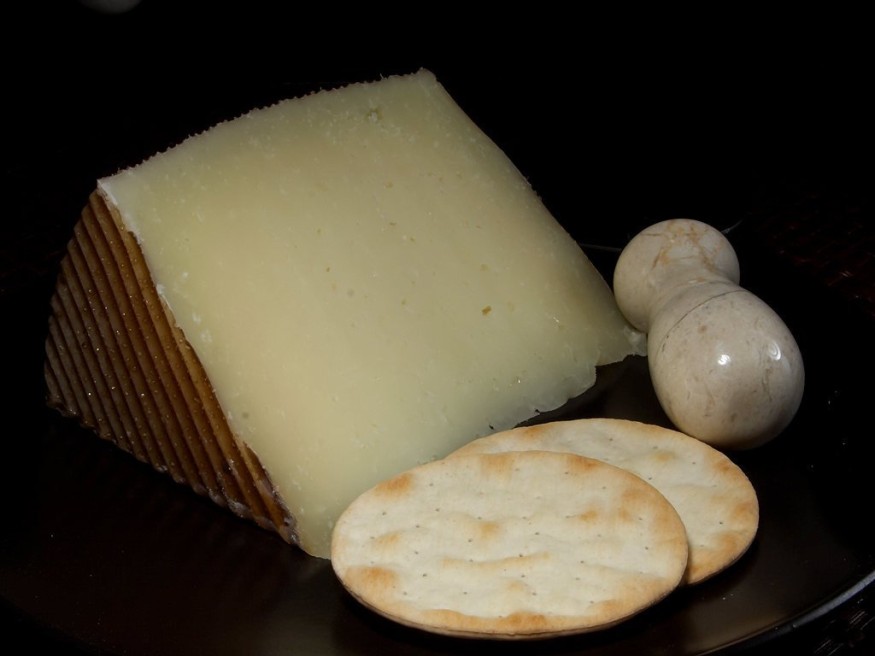Why You Should Think Twice About Buying Manchego In Mexican Grocery Stores

Manchego is one of the most popular cheeses from Spain. Still, if you're buying one from grocery stores in Mexico, you might want to think twice as this creamy cheese is a new target of imitation, according to a recently published article.
The federal consumer protection agency Profeco reported that the fake Manchego might look, smell, and taste like cheese but does not give the consumer the product advertised on the label.
READ: These Latino Cookbooks Will Help Satisfy Your Cravings During Quarantine
The agency analyzed 46 popular brands found in supermarkets across the country, including 29 brands from Mexico, six from Spain, eight cheese imitation products, two processed kinds of cheese, and one made from goat's milk.
The brand Sabores de Mi Tierra had too much-added vegetable oil to be called cheese, the agency said.
The agency also found labeling problems such as incorrect nutritional value information, undeclared ingredients, the omission of the country of origin of the ingredients, and even brands that contained less product than stated on the label, among others.
ALSO READ: 5 Dishes Everyone Thinks Are Mexican, but Are Not
The brands Walter and Cremería Covadonga failed to put the country of origin on the labels, as did Lalo on its regular and lactose-free manchego slices.
Among the products analyzed, eight were found to contain less than the amount advertised on the label. These include all 200 to 400-gram packages of a block, sliced, reduced-fat, lactose-free, and imitation cheese from the brands Caperucita, Cremería Covadonga, NocheBuena, Portales de Prividencia, Zwan Premium, Capone's and Aurrera.
Other labeling problems Profeco found in manchego brands include the absence of fat or protein content and additional nutritional information.
Manchego has a distinctive flavor, well developed but not too strong, creamy with a slight piquancy, and leaves an aftertaste that is characteristic of sheep's milk. It melts well and is used as both a table cheese and for cooking.
READ MORE: Where to Get Homemade Tortillas in Houston
In the past but two years, the use of European names for Mexican cheeses has been an issue. Still, due to trade negotiations with the European Commission, Mexican producers were given the signal for using the names manchego, parmesan, and gruyere.
According to Profeco, they have looked into the risks posed to the consumer by the labeling and actual content of other foods, such as ketchup and popcorn, and found similarly unreliable and incomplete information for the consumer.
According to another article, La Mancha region of Spain, which is also home to Don Quixote, is the home of Manchego, a cheese wholly different from that in Mexico, which is Monterrey Jack. It is made from pasteurized sheep's milk.
The traditional use of grass molds creates a distinctive, characteristic zigzag pattern on the Manchego cheese. Authentic Manchego is only made from the Manchego sheep's milk. Manchego cheese has pasteurized and unpasteurized variants. The farmhouse version is produced from unpasteurized milk, while the modern version is produced from pasteurized milk.
Historically, the Corcuera Family was the first in all of Castilla La Mancha to make and commercialize Manchego Cheese, and up until now, they continue to produce the cheese in Toledo province.
Subscribe to Latin Post!
Sign up for our free newsletter for the Latest coverage!

















